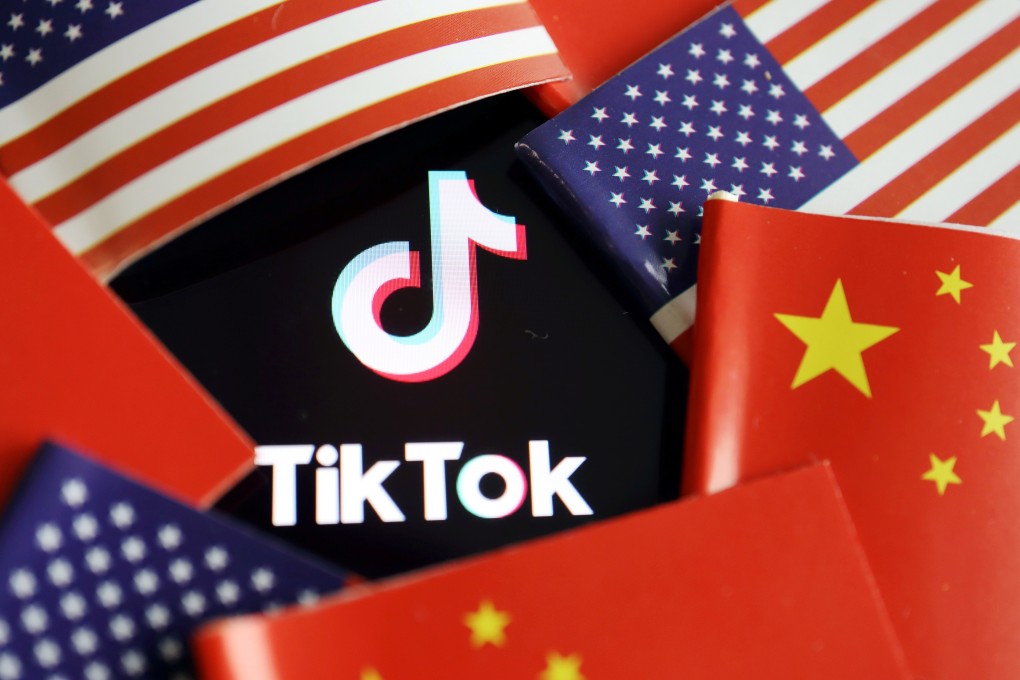US Senate panel unanimously approves ban on TikTok on government devices
- The popular short video app has been accused of sharing user data with the Chinese government
- If proposal passes the full Senate, it will be conciliated with a House version and added as an amendment to the annual defence budget bill

A US Senate committee overseeing homeland security unanimously approved a proposal on Wednesday to ban the use of TikTok, the Chinese-owned short video app, on government-issued devices.
The Senate Homeland Security and Governmental Affairs Committee voted to support the legislation that was first introduced in March by Senator Josh Hawley, Republican of Missouri.
The No TikTok on Government Devices Act would prohibit federal employees, officers, lawmakers and contractors from downloading or using TikTok and all other apps developed by its Beijing-based parent company ByteDance on any device issued by the US government or government corporation.
The legislation will now move to the Senate floor for a vote by the full chamber. If passed, it will be conciliated with a version that has already passed the House of Representatives, 336-71, as an amendment to the US$741 billion National Defence Authorisation Act, the annual defence budget legislation.

If the bill passes both chambers, it is likely to become law; senior Trump administration officials have recently ramped up efforts to highlight the threat the video app may pose.